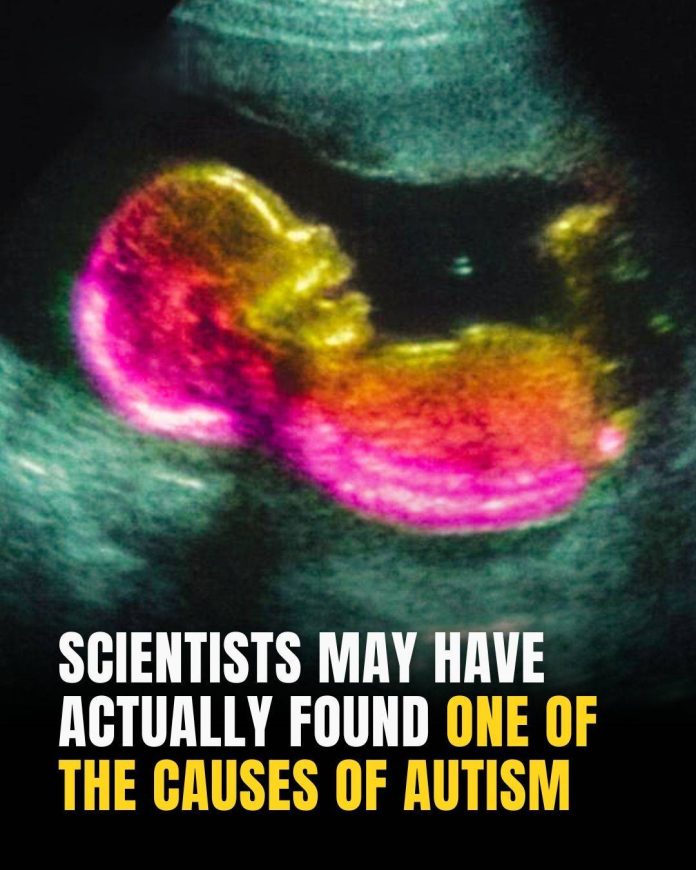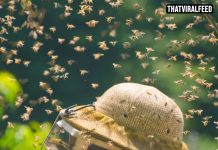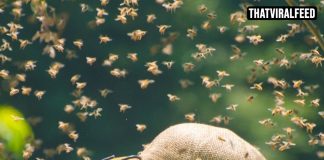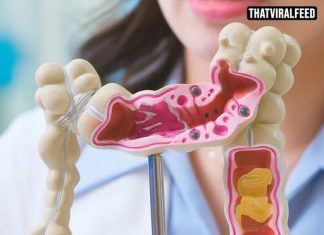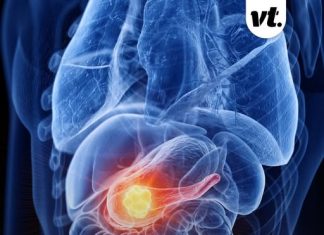Autism spectrum disorder (ASD) affects millions of individuals around the world, yet its underlying causes remain only partially understood. A new line of research is illuminating how the interplay between the gut microbiome, maternal immune factors, and fetal brain development may contribute to autism risk. Below is a clearer look at the latest findings, possible mechanisms, and future directions.
The Gut Microbiome and Brain Development
The community of microbes that lives in the digestive system has long been acknowledged as more than just passive inhabitants. These microorganisms influence digestion, immunity, and even mood and behavior. Recent animal studies suggest that the mother’s microbiome—that is, her gut flora—may have a stronger influence on autism risk in the offspring than the child’s own microbiome.
In these studies, researchers manipulated maternal microbial composition in pregnant animals and found that it affected the development of neurological traits in the offspring, particularly social behavior and repetitive behavior patterns.

The Role of Immune Signaling: IL-17a
Central to this research is a molecule called interleukin-17a, often shortened to IL-17a. This immune signaling protein is known for its involvement in inflammation and has been linked with autoimmune and inflammatory disorders. The new investigations propose that maternal IL-17a, influenced by gut microbes, could reach the fetus and modulate how the fetal brain develops.
In experiments where IL-17a was blocked, offspring did not display autism-like behaviors. This suggests that maternal inflammation mediated by IL-17a might trigger neurodevelopmental changes. In contrast, when the molecule remained active, offspring from mothers with certain microbiome profiles showed deficits in social engagement and increased repetitive behaviors.
Microbiome Transfer and Evidence of Causation
To test causality, researchers performed a fecal microbiota transfer: they took gut microbes from mothers predisposed to inflammation and transplanted them into other mothers lacking that predisposition. After doing so, the offspring of recipient mothers began to show autism-like features similar to those from the original “inflammation-prone” group.
This experiment strengthens the case that microbial composition, through its downstream immune effects, can causally influence neurodevelopmental outcomes. It also underscores the possibility that maternal gut health is a critical determinant of offspring brain development.
Implications and Limitations
While the results in animal models are compelling, translating them to humans comes with caveats. Human pregnancies are complex, and many more variables—genetics, environment, diet, maternal health, and more—interact in shaping neurodevelopment. It’s too early to assume the same mechanism plays a dominant role in humans.
Still, the findings open potential paths for early intervention. If specific microbial profiles or immune markers can be identified prenatally, it may become possible to devise strategies that support maternal gut health or modulate immune signaling to reduce autism risk.
Future Research Directions
The next steps involve pinpointing which microbial species or strains correlate with increased IL-17a signaling, and whether these same relationships hold true in human clinical studies. Longitudinal research following mothers through pregnancy and tracking child development could test whether maternal microbiota and immune profiles predict autism outcomes.
Similarly, more work is needed to explore alternate immune molecules beyond IL-17a, as well as how maternal diet, stress, infections, and medications may influence microbiome and immune interactions.

Conclusion
Emerging evidence highlights a fascinating and previously underappreciated link between maternal gut bacteria, immune signaling molecules like IL-17a, and offspring brain development. While these findings are still in early stages and currently limited to animal models, they suggest that maternal microbiome health may play a meaningful role in autism risk. Further research in humans will be crucial to validate these pathways and potentially open new preventive or therapeutic approaches for supporting neurodevelopment.

